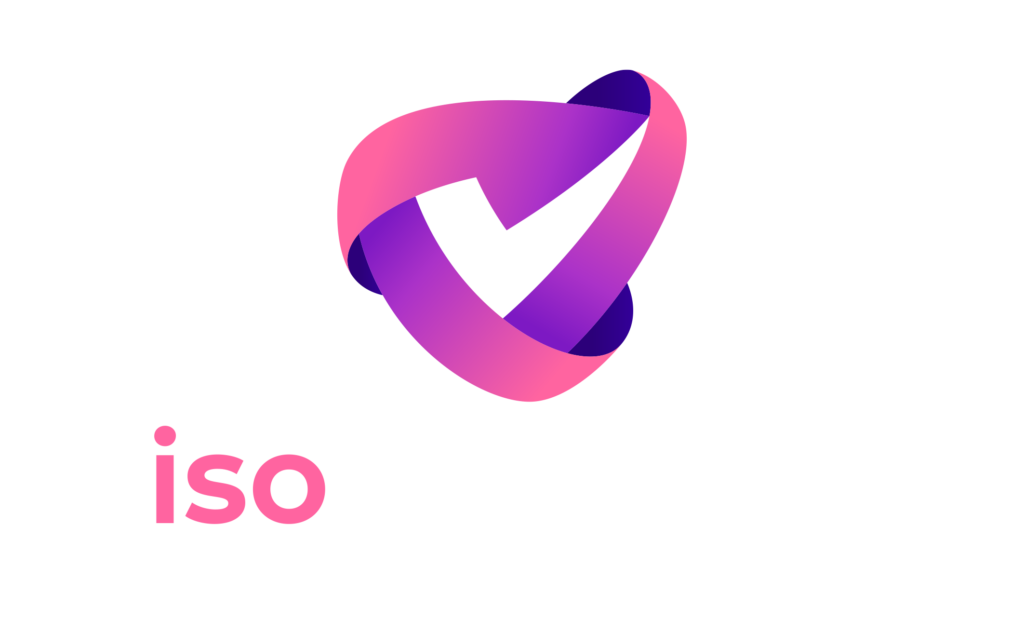In a world where safety and quality are paramount, the role of inspection bodies cannot be underestimated. These organisations play a critical role in ensuring that products, processes, and services meet the necessary standards and regulations. To uphold the integrity of their inspections and assessments, many inspection bodies turn to ISO/IEC 17020, a globally recognised standard that sets out the criteria for their competence. In this blog, we’ll delve into ISO/IEC 17020, exploring what it is, why it matters, and how it benefits both inspection bodies and the industries they serve.
Understanding ISO/IEC 17020
ISO/IEC 17020, titled “Conformity assessment – Requirements for the operation of various types of bodies performing inspection,” is a comprehensive standard that outlines the general criteria for the competence, impartiality, and consistent operation of inspection bodies. These bodies can be found across a wide range of industries, from manufacturing and construction to healthcare and environmental monitoring.
The Importance of ISO/IEC 17020
- Quality Assurance: ISO/IEC 17020 provides a framework for ensuring that inspection bodies operate at the highest level of quality. It covers everything from the qualifications and training of personnel to the equipment used for inspections, ensuring that the inspection process is thorough and reliable.
- Impartiality: One of the key principles of ISO/IEC 17020 is impartiality. Inspection bodies must operate without any conflict of interest and must be free from pressures that could compromise their impartiality. This ensures that inspections are fair and unbiased..
- Consistency: ISO/IEC 17020 promotes consistency in inspection procedures. This is crucial for industries where product or process quality must be maintained at a consistent level to ensure safety and reliability.
- Global Recognition: ISO/IEC 17020 certification is globally recognized. This means that inspection bodies that adhere to this standard can demonstrate their competence to clients, regulators, and partners worldwide, opening up opportunities for international collaboration and recognition.
- Risk Mitigation: By conforming to ISO/IEC 17020, inspection bodies can reduce the risk of errors, oversights, and inaccuracies in their assessments. This, in turn, helps industries minimise the risk of non-compliance, accidents, and product recalls.
Benefits for Inspection Bodies
- Enhanced Credibility: ISO/IEC 17020 certification enhances the credibility of an inspection body, instilling trust in clients and regulatory bodies.
- Improved Efficiency: Standardised procedures and processes lead to improved efficiency and reduced operational risks.
- Competitive Advantage: ISO/IEC 17020 certification can set an inspection body apart from competitors and open up new business opportunities.
- Continuous Improvement: ISO/IEC 17020 encourages a culture of continuous improvement, ensuring that inspection bodies stay at the forefront of their field.
Conclusion
In a world where safety, quality, and regulatory compliance are non-negotiable, ISO/IEC 17020 plays a crucial role in ensuring that inspection bodies are up to the task. It’s not just accreditation; it’s a commitment to competence, impartiality, and consistency. By adhering to ISO/IEC 17020, inspection bodies contribute to a safer, more reliable, and better-regulated world. Whether you’re an inspection body seeking accreditation or an industry relying on their services, ISO/IEC 17020 is a standard that deserves your attention and respect.

